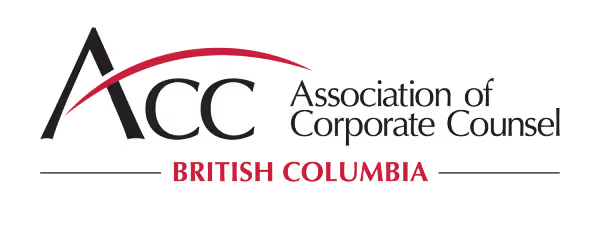
The legal profession has always been a demanding field, but the pressure facing today's new associates is unprecedented. Long hours, high billable targets, and the expectation to deliver flawless work early in their careers are significant contributors to burnout. For law firm leadership and talent development teams, the impact is twofold: diminished productivity in the short term and weakened retention over time.
At the same time, advances in legal AI are creating new opportunities to rethink associate workflows. Tools like Alexi aren’t simply improving efficiency – they’re enabling firms to better support their associates, build professional confidence early, and foster a stronger, more sustainable firm culture.
The New Associate Burnout Crisis
According to industry research, associates routinely cite overwork, lack of autonomy, and unrealistic performance expectations as top reasons for burnout. Much of their time is spent on repetitive, high-stress tasks like manual legal research, document drafting, and exhaustive document review. These tasks, while essential, often leave little time for strategic thinking, professional development, or meaningful mentorship.
Unaddressed, this pattern leads to higher attrition rates, costly hiring cycles, and a weaker pipeline for future firm leadership.
How AI Like Alexi Lightens the Load
1. Automating Repetitive Work
AI platforms like Alexi reduce time spent on tedious yet critical tasks for activities like drafting contracts, performing legal research, and reviewing documents. Associates can generate polished drafts from firm-approved templates in minutes, find pinpoint case law instantly, and uncover document risks in seconds.
This automation not only boosts efficiency but alleviates the heavy cognitive load that often leads to burnout. Associates regain hours that can be redirected toward higher-value work, client interaction, and skills development.
2. Increasing Confidence and Reducing Anxiety
New lawyers often experience "imposter syndrome" when tasked with high-stakes assignments. By integrating AI tools that deliver cited, accurate legal outputs and document analyses, firms can offer associates a trusted safety net. Associates know they have access to a tool that reinforces their research, spot-checks their arguments, and validates their work, dramatically reducing fear of mistakes.
This support helps associates develop greater professional confidence earlier in their careers.
3. Supporting Learning and Development
Because AI tools like Alexi summarize complex legal principles, provide strategic brainstorming prompts, and highlight key risks, they act as an extension of the mentorship process. Rather than relying solely on sporadic partner feedback, associates have immediate access to guidance embedded within their workflow.
This nurtures a growth mindset, allowing associates to "learn by doing" with less fear of failure.
Building Organizational Trust Through Thoughtful AI Deployment
Deploying AI in a law firm demonstrates that the firm prioritizes its people – especially its future leaders.
When leadership equips new associates with the best technology, it sends a clear message: We invest in your success. We trust you to do great work, and we are committed to supporting you at every stage.
Moreover, AI tools like Alexi offer full transparency with cited sources and firm-secure systems. By embedding AI within firm environments and maintaining strict confidentiality controls, firms show that they take both quality and data protection seriously, further reinforcing institutional trust.
A Call to Action for Law Firm Leadership
Talent development should be more than programs and seminars; with the evolving legal landscape, we need to reimagine the daily associate experience.
As the legal market grows more competitive, firms that embrace secure, legal-specific AI solutions will differentiate themselves as employers of choice. Reducing burnout, increasing associate confidence, and building a culture of trust are not "nice-to-haves"; they are essential to sustaining excellence.
The future of law is here, and it's a future where technology empowers the next generation of lawyers, rather than exhausting them.







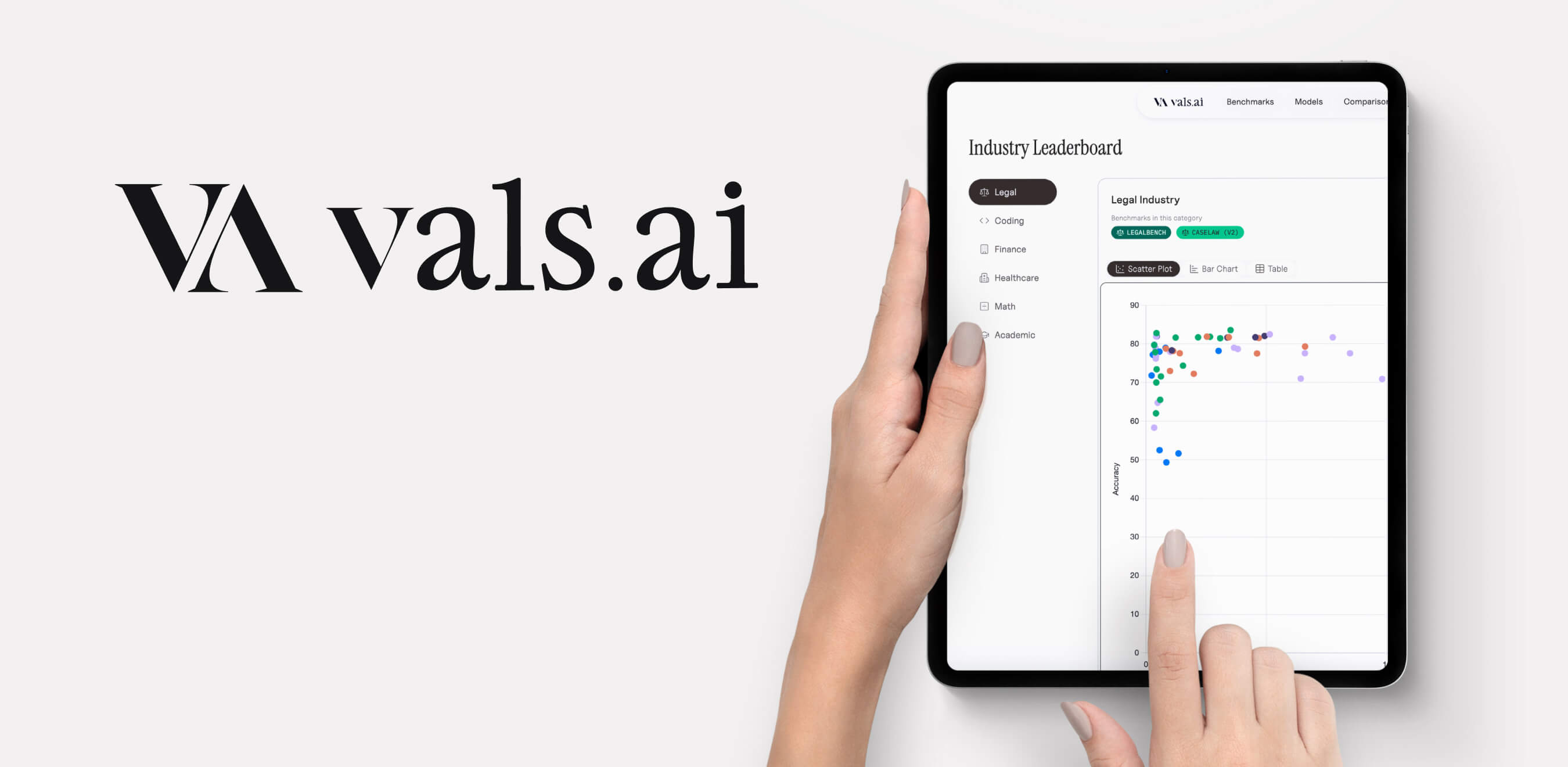
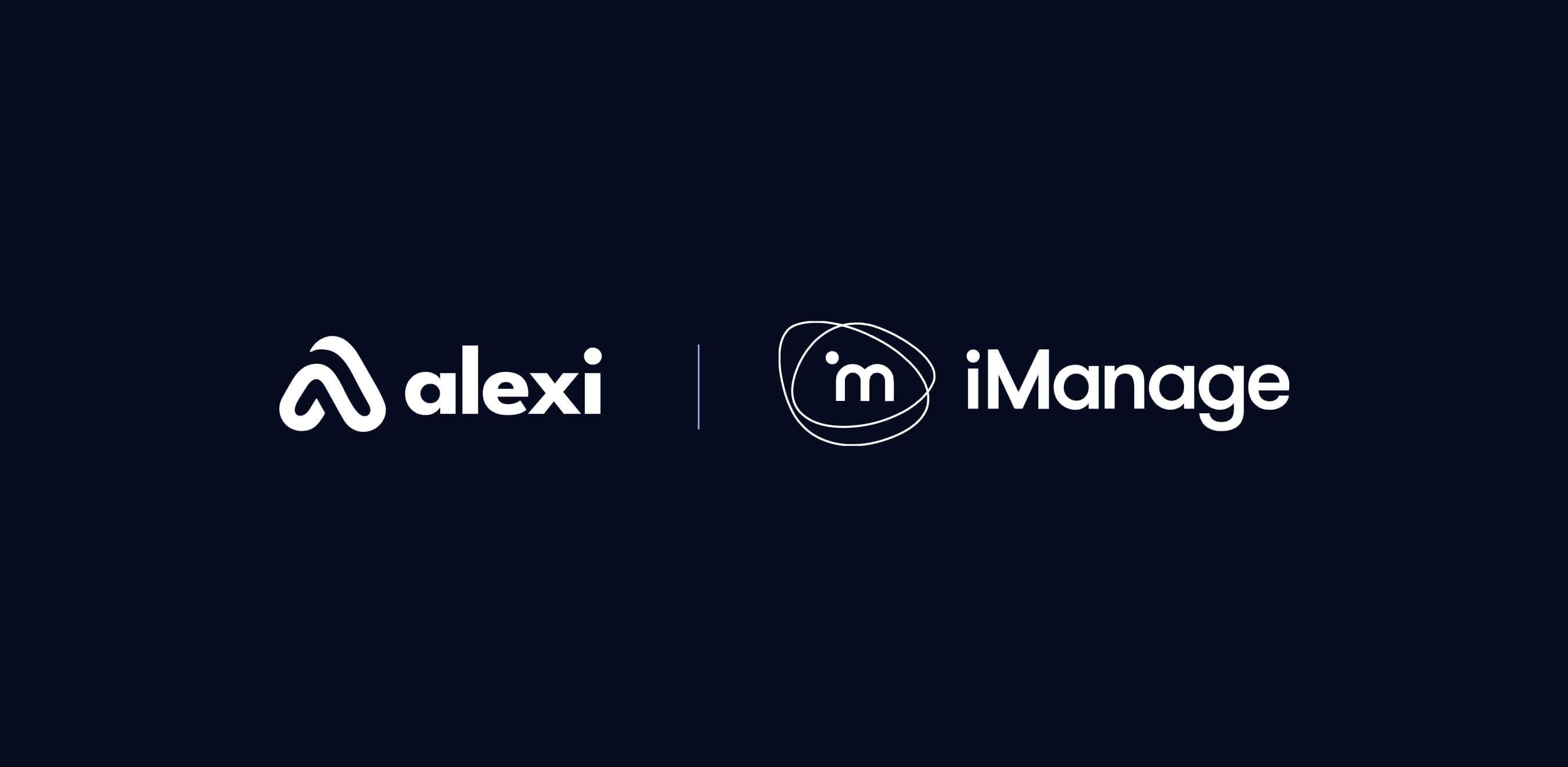
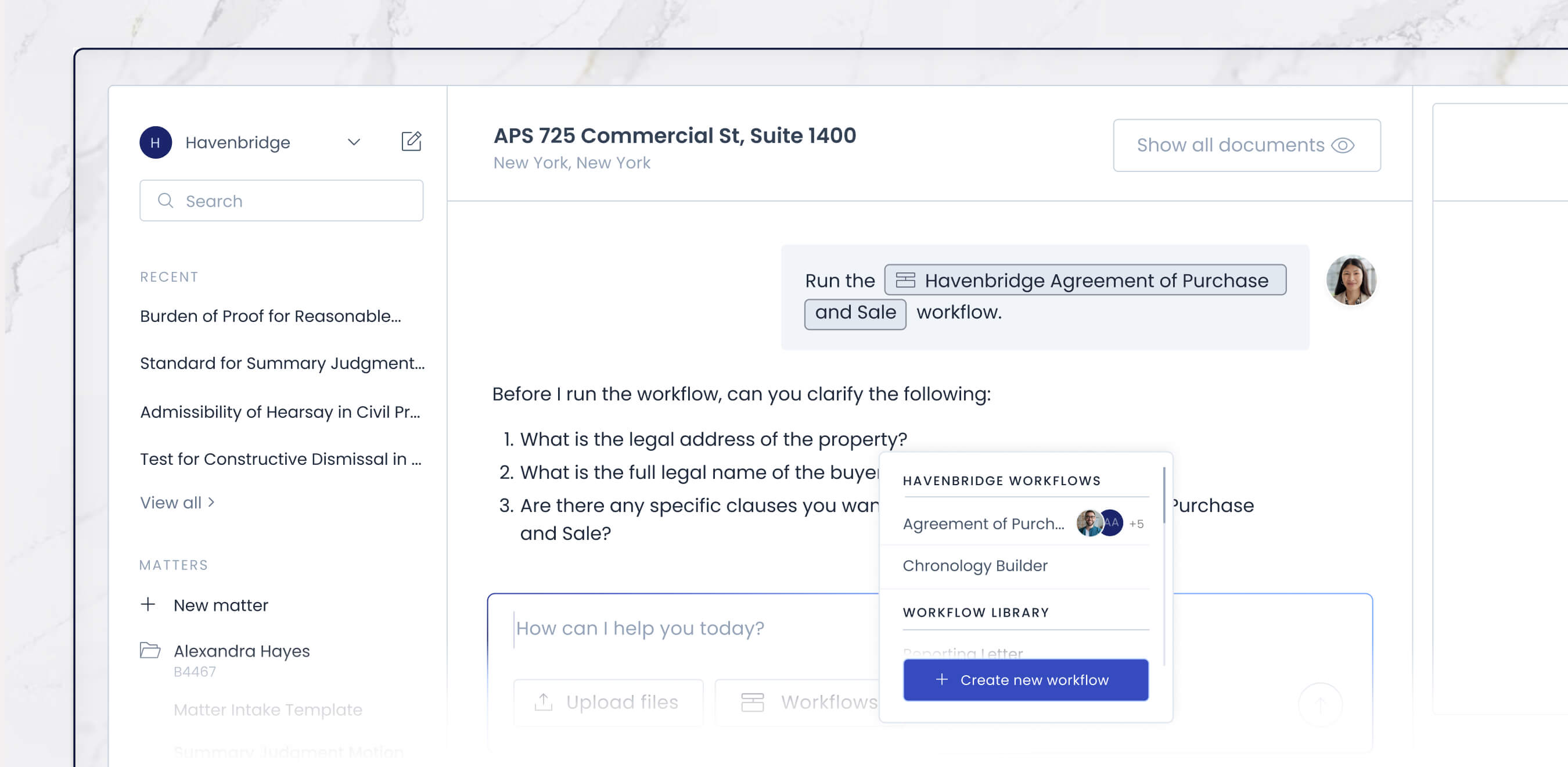
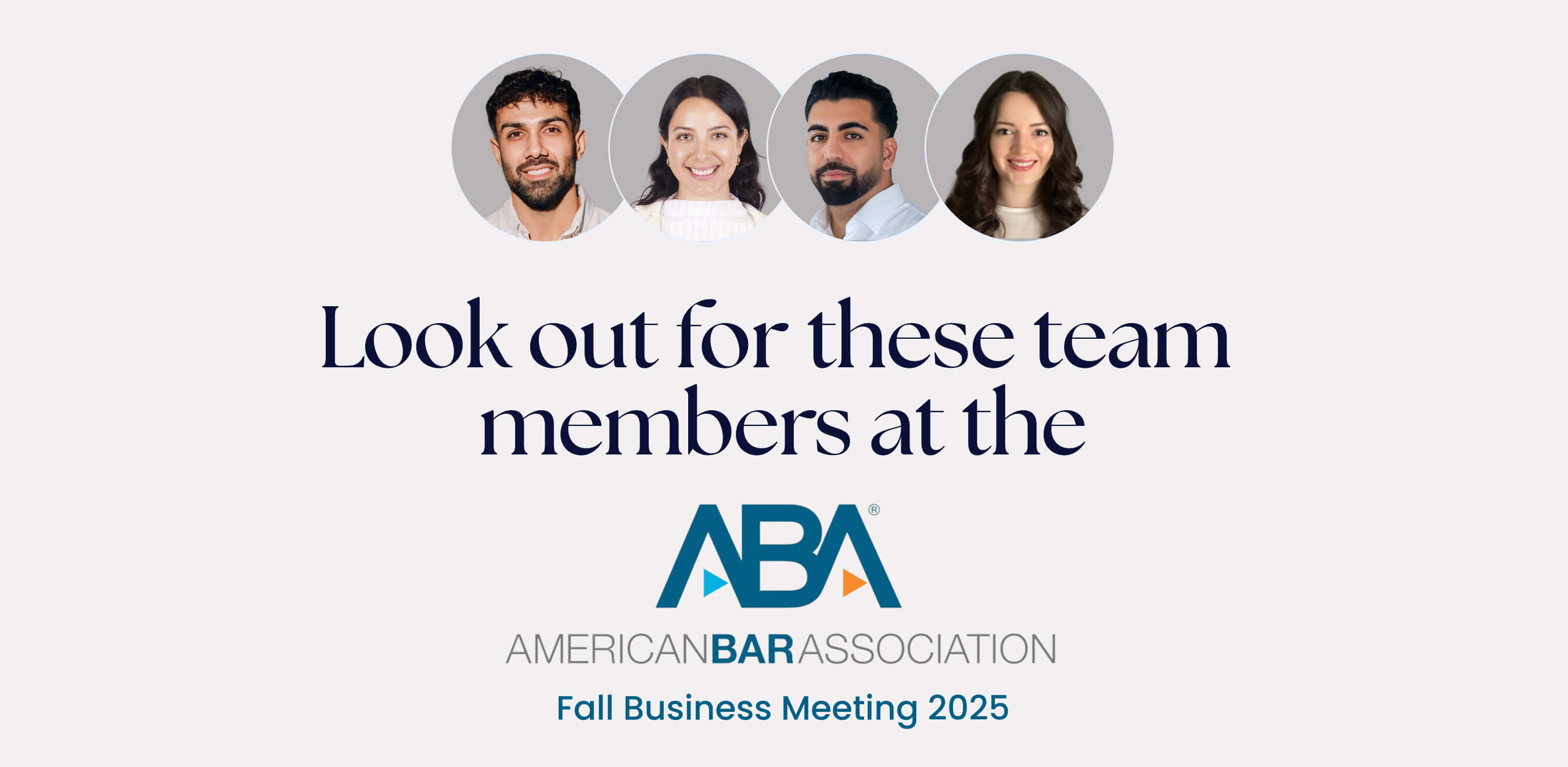
.avif)





.avif)

.jpeg)

%2520(1).jpeg)

.avif)

.avif)
.avif)

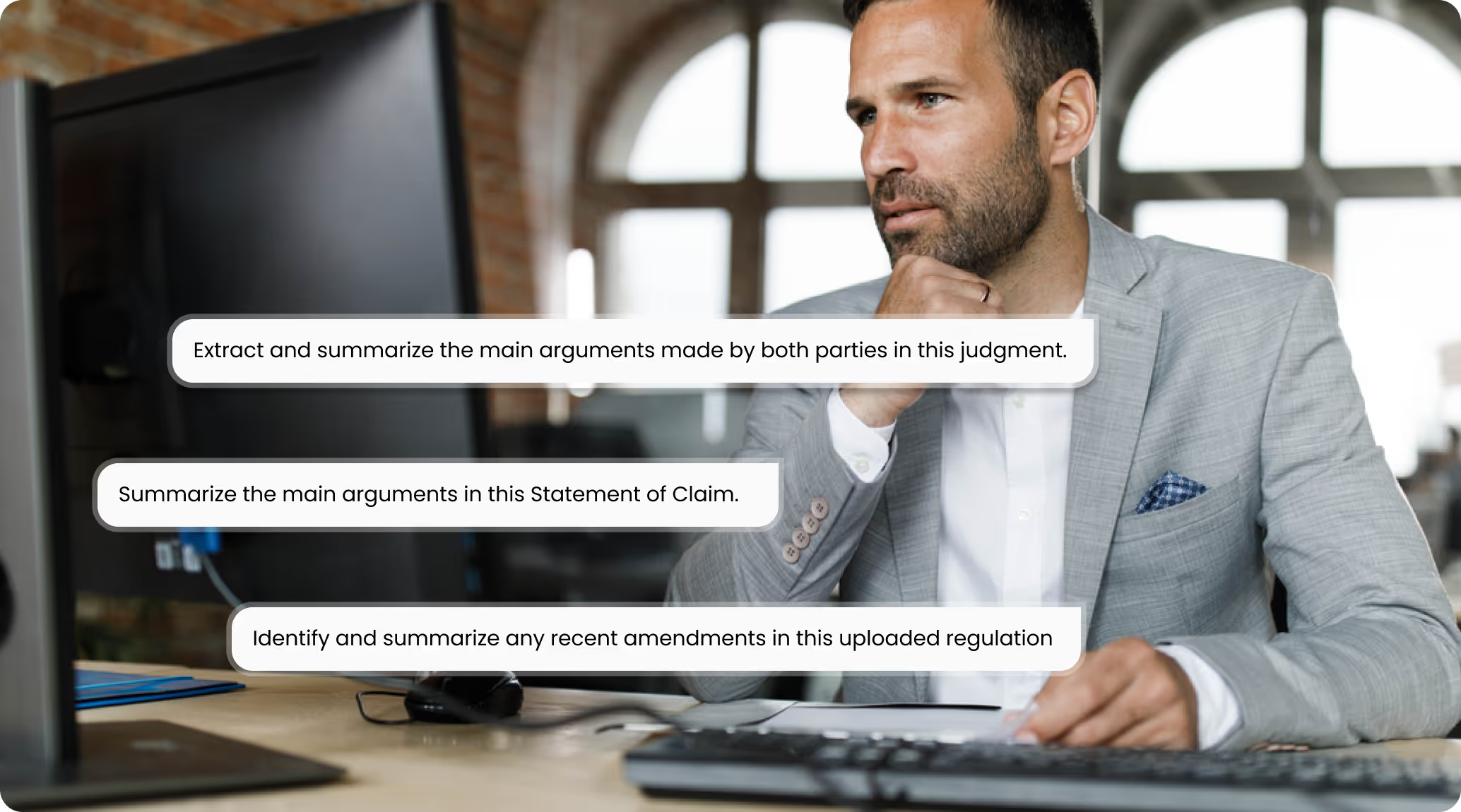
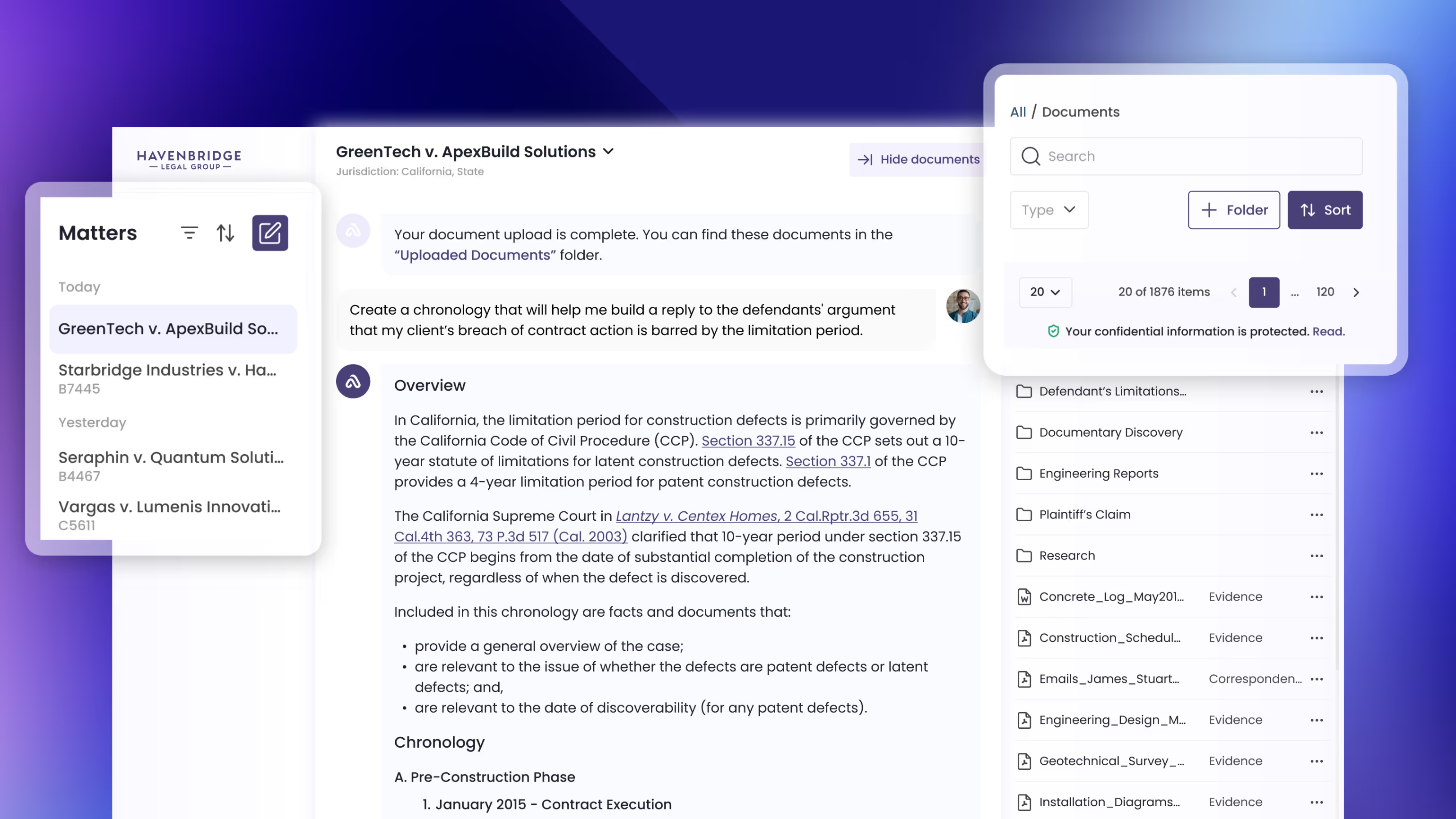
.avif)
.avif)


.avif)
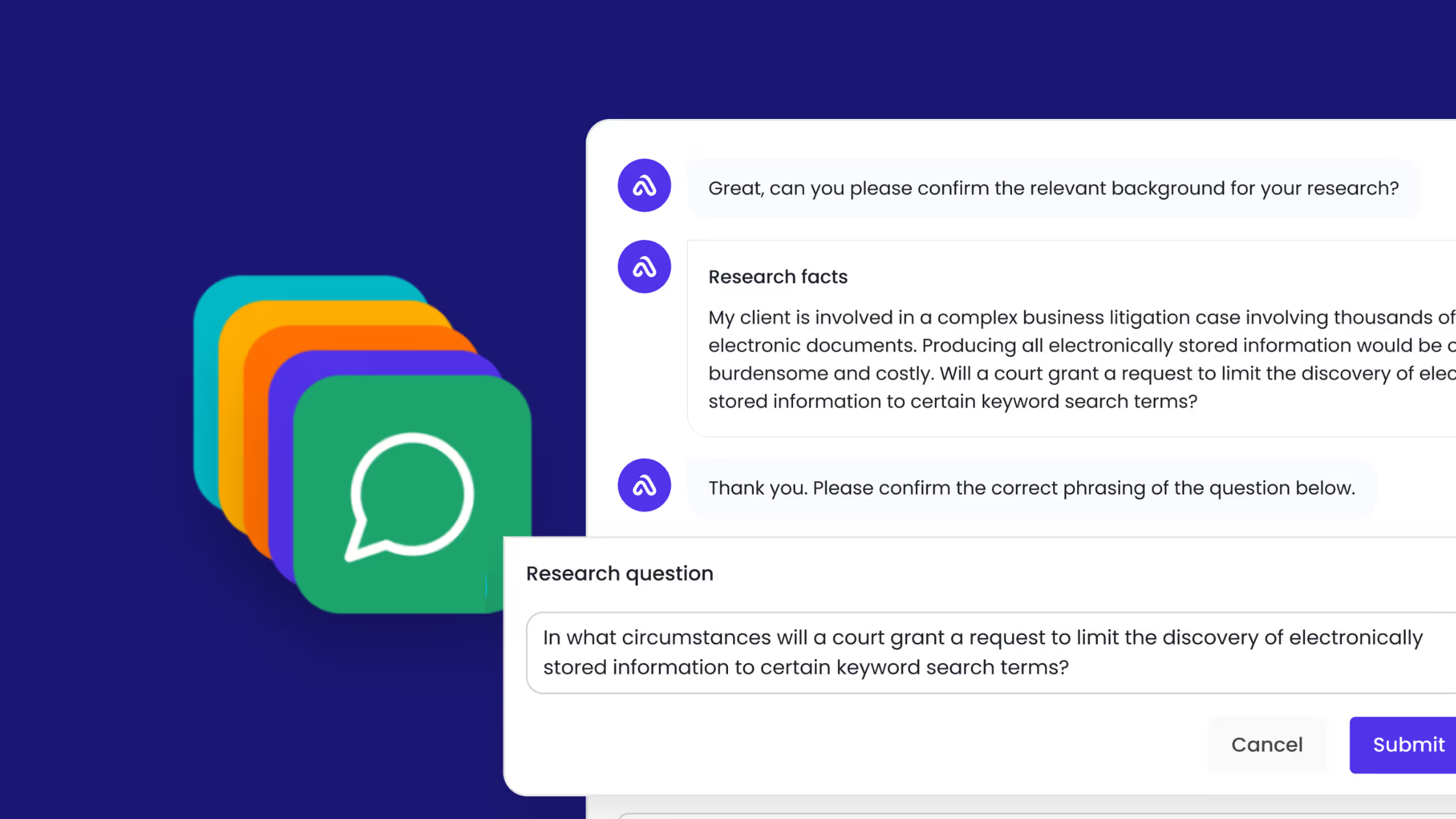


.avif)
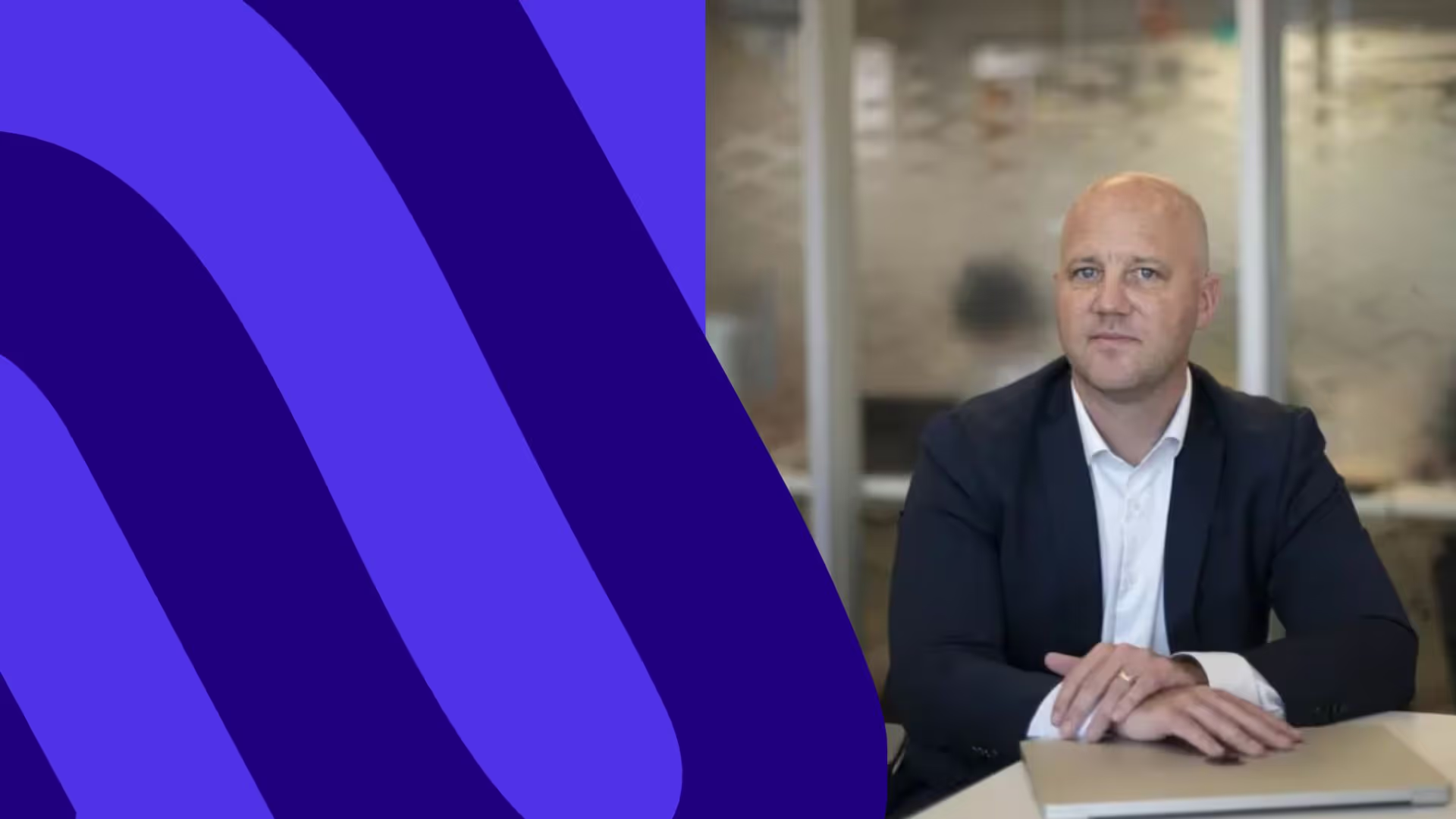
.avif)
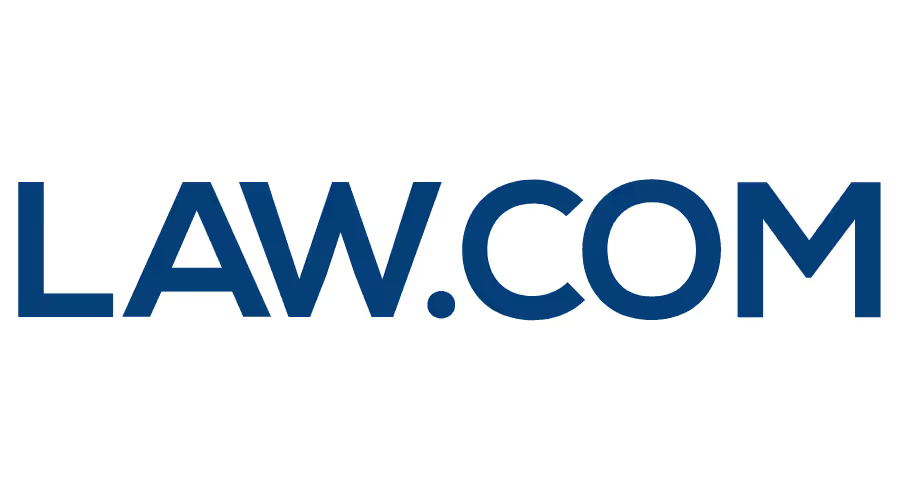

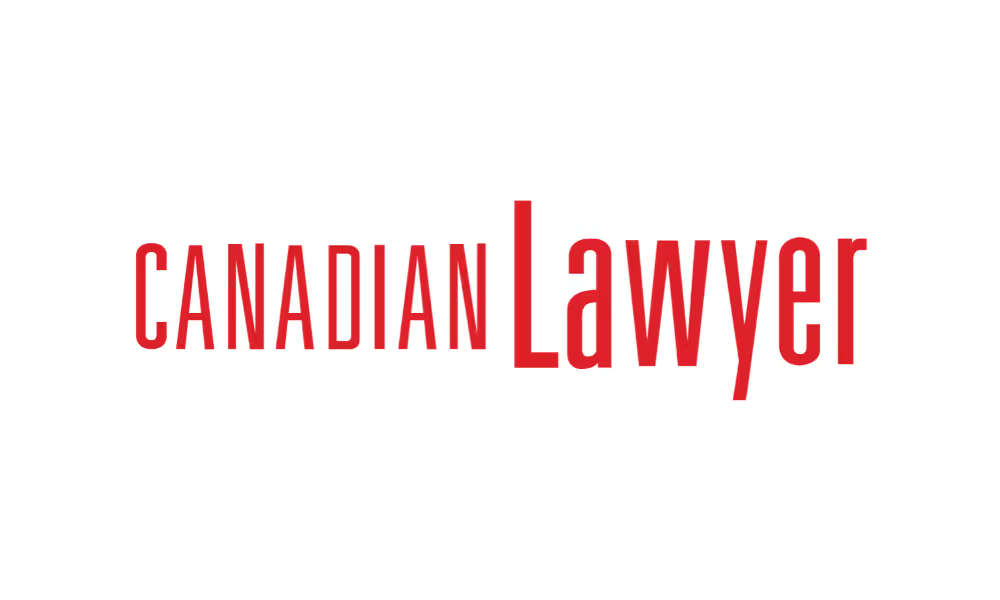
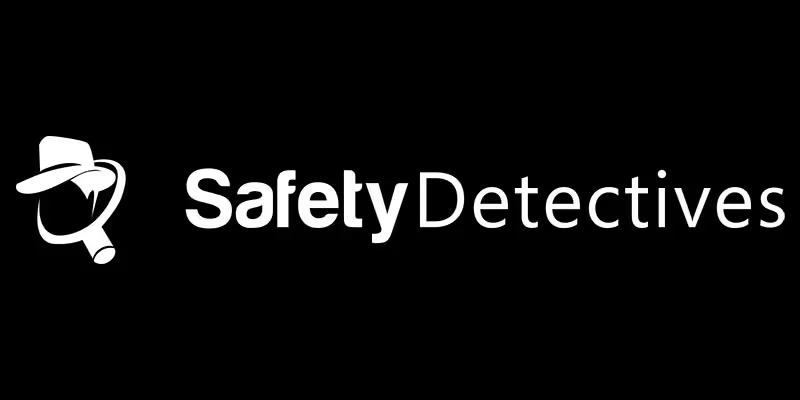


.avif)

-min%25252520(1).avif)





